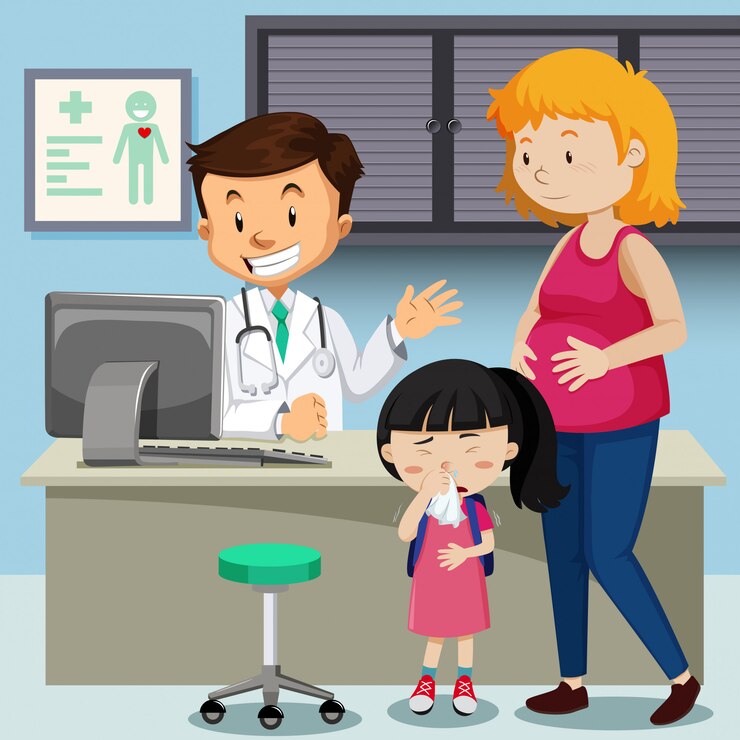
Understanding Gallstones in Children: What Parents Need to Know
As parents, we often associate health concerns like gallstones with adults, but did you know that children can also develop gallstones? While less common in kids compared to adults, gallstones can still occur and may require medical attention. Let’s explore what gallstones are, their causes, symptoms, and how they can be managed in children.
What are Gallstones?
Gallstones are solid particles that form in the gallbladder, a small organ located beneath the liver. These stones can vary in size and composition, ranging from tiny grains to larger stones that can cause blockages in the bile ducts.
Causes of Gallstones in Children:
Gallstones in children can develop due to various factors, including:
- Genetics: A family history of gallstones can increase a child’s risk.
- Obesity: Excess weight can contribute to the formation of gallstones.
- Rapid Weight Loss: Quick weight loss, whether intentional or unintentional, can lead to gallstone formation.
- Certain Medical Conditions: Conditions like sickle cell anemia or cystic fibrosis can predispose children to gallstones.
Symptoms of Gallstones:
Children with gallstones may experience symptoms such as:
- Abdominal Pain: Pain in the upper abdomen that may come and go.
- Nausea and Vomiting: Especially after meals.
- Jaundice: Yellowing of the skin and eyes.
- Fever: In cases of inflammation or infection of the gallbladder.
Diagnosis and Treatment:
If gallstones are suspected, a doctor may perform tests such as ultrasound, blood tests, or a CT scan to confirm the diagnosis. Treatment options for gallstones in children may include:
- Medication: Certain medications can help dissolve gallstones.
- Dietary Changes: A diet low in fat and cholesterol may be recommended.
- Surgery: In some cases, surgery to remove the gallbladder (cholecystectomy) may be necessary.
Prevention: While gallstones in children cannot always be prevented, parents can take steps to reduce the risk by promoting a healthy lifestyle. Encouraging a balanced diet, regular physical activity, and maintaining a healthy weight can help lower the likelihood of gallstone formation.
In conclusion,
while gallstones in children are relatively rare, they can still occur and may cause discomfort and complications if left untreated. If you suspect your child may have gallstones, it’s essential to consult a healthcare professional for proper diagnosis and treatment.
To seek medical advice, always consult a Doctor. Here are our recommended experts. Click here
To read more on Understanding Gallstones. Click Here


